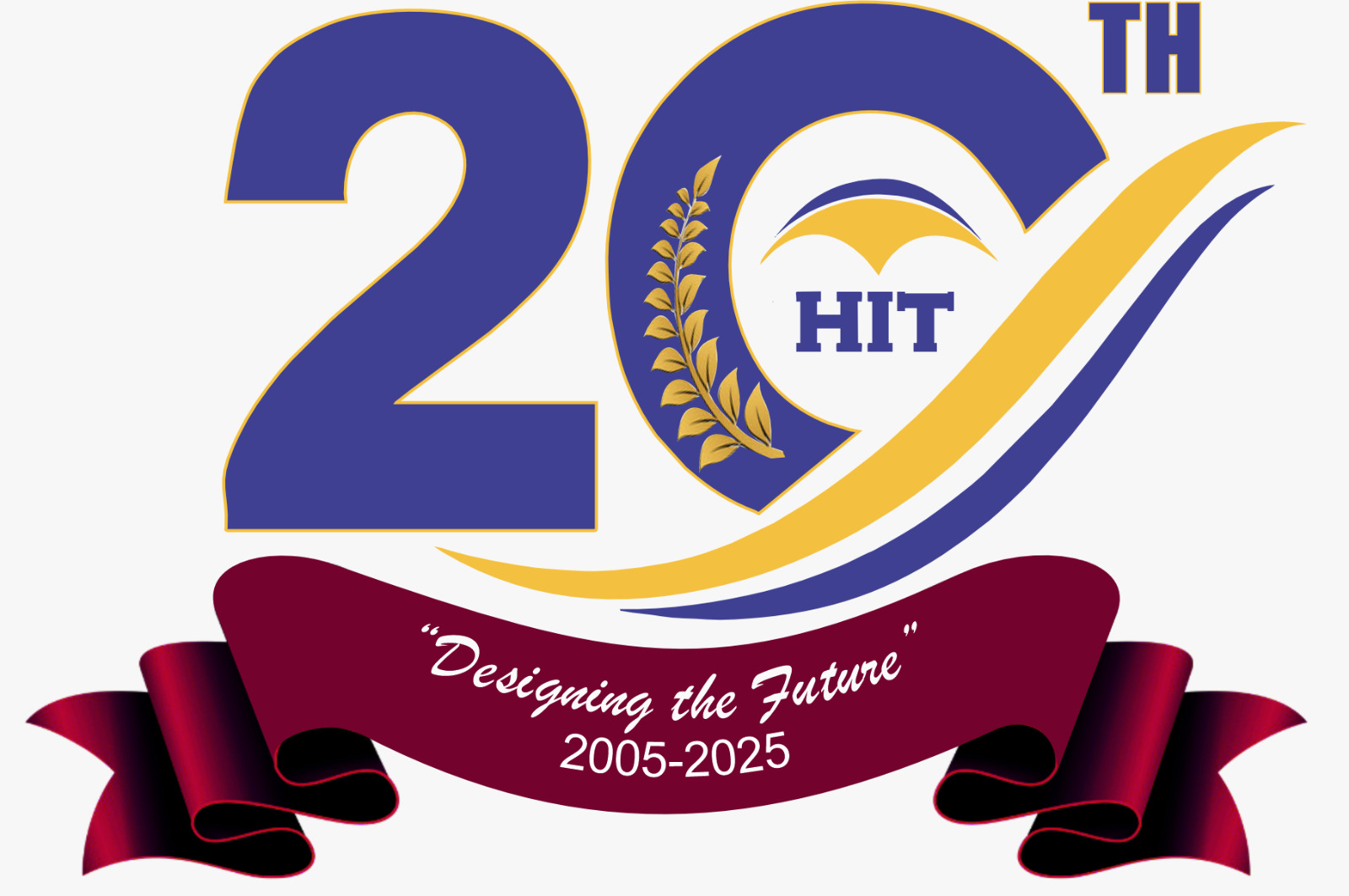MASTER OF TECHNOLOGY DEGREE IN FOOD PROCESSING TECHNOLOGY
MASTER OF TECHNOLOGY DEGREE IN FOOD PROCESSING TECHNOLOGY
The MTech Food Processing Technology programme was designed with the ultimate goal to provide the country and the region with post-graduates possessing skills that enable problem analysis and resolution within the scope of creating innovative technologies for food processing, product development and research. This is coupled with theoretical and practical understanding and appreciation of the process of food manufacturing, product design, development and modern techno-entrepreneurship. The programme gives a depth of knowledge of food processing technology with the necessary background understanding of advanced key concepts in food microbiology, food chemistry, food engineering, food safety and food quality management. The program also focuses on technical specializations in-step with emerging trends in the food industry, which the post-graduate can major in, including food safety, food quality management, applied dairy physics and chemistry, applied fruit and vegetable technology, applied cereal chemistry and technology, ingredient functionality and food biotechnology.
Intended Learning Outcomes (Ilo)
At the end of the programme the student should be able to:
- Detail various advanced concepts in food processing.
- Examine theoretical aspects and practical applications of analytical techniques used in the food industry and in food research laboratories.
- Detail various major concepts and tools used to design, control, and improve business processes in the food industry.
- Specify various advanced aspects of modern food processing and design.
- Apply and use food regulations on food products and use relevant law and regulations to practical issues pertaining to the food sector.
- Infer the effects of cultural, economic, ethical, and political environments and their influence each will have on global business strategies and decision-making.
- Identify industry and community-based problems in food systems and proffer innovative solutions.
- Perform practical on-the-job training in a specified technological area.
- Solve practical and legal challenges facing food and agri-businesses.
Programme Structure
Module Code | Module Narration | Credits |
SEMESTER I | ||
SFP 7101 | Advanced Food Microbiology | 18 |
SFP 7102 | Advanced Food Chemistry & Analysis | 18 |
SFP 7103 | Food Law & Ethics | 18 |
SFP 7104 | Operations Management | 18 |
SFP 7105 | Research Methodologies | 18 |
SEMESTER II | ||
SFP 7201 | Product and Process design | 18 |
SFP 7202 | Advanced Sensory Science | 18 |
SFP 7203 | Seminar | 18 |
SFP 7204 | Postharvest Physiology & Technology | 18 |
SFP 7205 | Advanced Food Toxicology | 18 |
SEMESTER III | ||
HIT 0800 | Dissertation | 60 |
ELECTIVES | ||
SFP 8101 | Applied Dairy Physics and Chemistry | 18 |
SFP 8102 | Applied Fruit and Vegetable Technology | 18 |
SFP 8103 | Applied Cereal Chemistry and Technology | 18 |
SFP 8104 | Ingredient Functionality | 18 |
SFP 8105 | Advanced Food Biotechnology | 18 |
SFP 8106 | Food Components and Health | 18 |
SFP 8107 | Food Quality Management | 18 |
SFP 8108 | Food Safety Management | 18 |
SFP 8109 | Advanced Meat Technology | 18 |
SFP 8110 | Industrial Food Waste Management | 18 |
SEMESTER IV | ||
HIT 0800 | Dissertation | 80 |
HIT 0801 | Internship | 90 |

